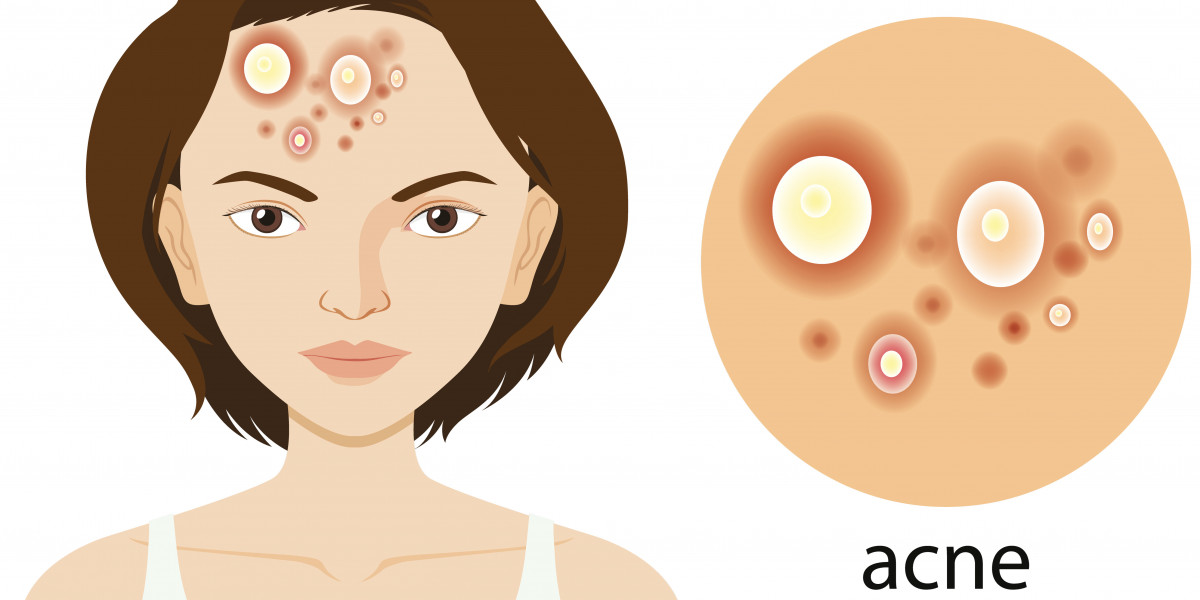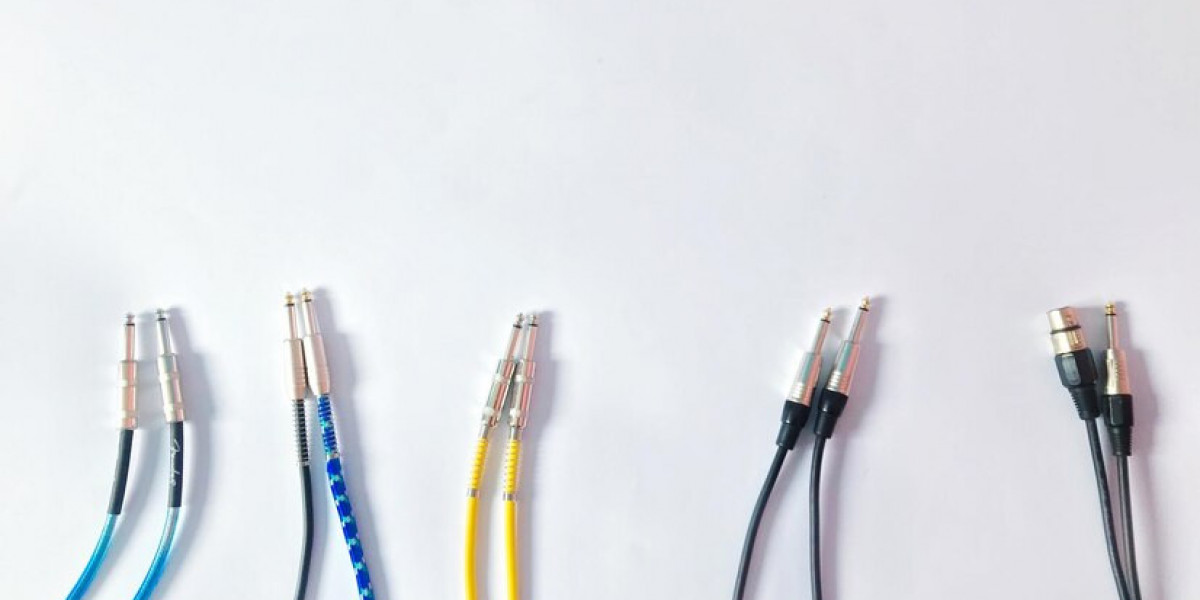Acne is a universal concern affecting millions worldwide. From hormonal teenagers to stressed adults, this skin condition knows no bounds. While it’s not life-threatening, the emotional toll of persistent breakouts can be significant. Deciding which treatment is best for acne homeopathy or allopathy is a common dilemma, as each system offers unique approaches to addressing the issue. Understanding these options is the first step toward making an informed choice.
Acne occurs when oil glands produce excess sebum, clogging pores and trapping bacteria. Factors like hormones, stress, and diet can exacerbate the problem, making it a chronic concern for some. Both homeopathy and allopathy target acne differently, and choosing the right path depends on individual needs and preferences. Let’s examine these treatment methods in-depth to help you decide.
What Does Homeopathy Offer for Acne?
Homeopathy is a holistic medical system that focuses on treating the root cause rather than just the symptoms. This approach is particularly appealing to those who value natural remedies and personalized care. For acne, homeopathy works by addressing internal imbalances that lead to skin issues, such as hormonal irregularities, stress, or digestion problems. It aims to restore harmony in the body, allowing the skin to heal naturally.
One of the key principles of homeopathy is individuality. No two people are treated the same, even if their acne appears similar. A homeopath will consider your overall health, emotional state, and lifestyle before prescribing a personalized remedy. Many people appreciate this tailored approach, which often results in long-term benefits. Those exploring homeopathy vs allopathy often find this personalization a major advantage of the former.
Another reason people choose homeopathy for acne is its non-invasive nature. The remedies are gentle and free from harsh chemicals, which makes them suitable for all skin types, including sensitive or allergy-prone skin. However, patience is essential, as results can take time. Homeopathic treatments aim for gradual, sustainable improvements rather than instant fixes.
How Does Allopathy Treat Acne?
Allopathy, also known as conventional medicine, takes a more direct approach to treating acne. It focuses on targeting the symptoms with scientifically proven methods. Allopathic treatments range from topical creams and antibiotics to more advanced options like hormonal therapies or physical procedures. These solutions often show faster results, making allopathy a preferred choice for those seeking immediate relief.
The strength of allopathy lies in its ability to tackle severe cases of acne effectively. For instance, cystic acne or acne caused by hormonal imbalances may require aggressive intervention. Dermatologists use advanced diagnostic tools to identify the specific cause of acne and recommend targeted treatments accordingly. This precision is one of the reasons many people choose allopathy over homeopathy when faced with severe or persistent acne.
However, the rapid action of allopathic treatments can sometimes come at a cost. The use of strong chemicals or medications may lead to side effects like dryness, irritation, or sensitivity. Additionally, the focus on symptoms rather than root causes means that acne may return if the underlying issue remains unaddressed. This is often a deciding factor for individuals weighing the benefits of homeopathy vs allopathy.
Comparing Homeopathy and Allopathy for Acne
When choosing which treatment is best for acne homeopathy or allopathy, it’s important to consider both short-term and long-term outcomes. Homeopathy offers a holistic, natural approach that aims to resolve the underlying causes of acne, while allopathy provides quicker, symptom-focused solutions. The decision largely depends on personal preferences, the severity of the condition, and how much time you’re willing to invest in treatment.
One of the primary differences lies in the timeline for results. Allopathy’s faster action makes it ideal for acute flare-ups or severe cases that require immediate attention. On the other hand, homeopathy’s gradual process is better suited for those seeking lasting improvements without the risk of side effects. This makes it an attractive option for individuals who value a more sustainable approach to skin health.
Cost and accessibility are also factors to consider. Allopathic treatments, particularly advanced dermatological procedures, can be expensive and may not be accessible to everyone. Homeopathy, while often more affordable, requires consistent follow-ups and a commitment to lifestyle changes for optimal results. For many, the question of homeopathy vs allopathy boils down to a balance between effectiveness and long-term benefits.
Factors to Help You Decide
To make an informed decision, start by evaluating the severity of your acne. If your condition is mild to moderate, homeopathy may provide a gentle yet effective solution. However, if you’re dealing with painful, cystic acne or acne that causes scarring, allopathy may offer faster relief. Consulting with a dermatologist or a qualified homeopath can help you understand which system aligns better with your specific needs.
Your lifestyle and values also play a role. Those who prefer natural remedies and holistic care often gravitate toward homeopathy. Meanwhile, individuals looking for proven, science-backed methods may feel more confident in allopathy. Ultimately, it’s not about choosing one over the other but finding the approach that resonates with your goals and expectations.
Another key consideration is how you respond to treatments. Some individuals find that their skin reacts poorly to allopathic products, prompting them to explore alternatives like homeopathy. Conversely, others may feel frustrated with the slow pace of homeopathic remedies and opt for quicker allopathic solutions. It’s a journey of trial and error, and what works for one person may not work for another.
The Verdict: Which Path Is Right for You?
Choosing between homeopathy and allopathy for acne treatment is a deeply personal decision. Both systems have their strengths and limitations, and the best choice depends on your unique situation. For those wondering which treatment is best for acne homeopathy or allopathy, the answer lies in understanding your skin’s needs and how much time and effort you’re willing to invest in its care.
Homeopathy is ideal for individuals who value a natural, holistic approach and are willing to wait for gradual improvements. It’s particularly suitable for mild to moderate acne and for those who prioritize addressing the root causes of skin issues. Meanwhile, allopathy shines in its ability to provide quick and effective relief for severe or persistent acne. It’s a great option for those seeking immediate results or for cases that require aggressive intervention.
Ultimately, the debate over homeopathy vs allopathy comes down to individual preferences. Consulting with healthcare professionals from both fields can provide clarity and help you make a well-informed choice. Acne may be a stubborn problem, but with the right approach, clear and healthy skin is within reach.
Consult a Homeopathy Doctor Now: https://www.dharmahomoeo.com/
Source: https://www.party.biz/blogs/159968/391649/acne-troubles-should-you-choose-homeopathy-or-allopathy









